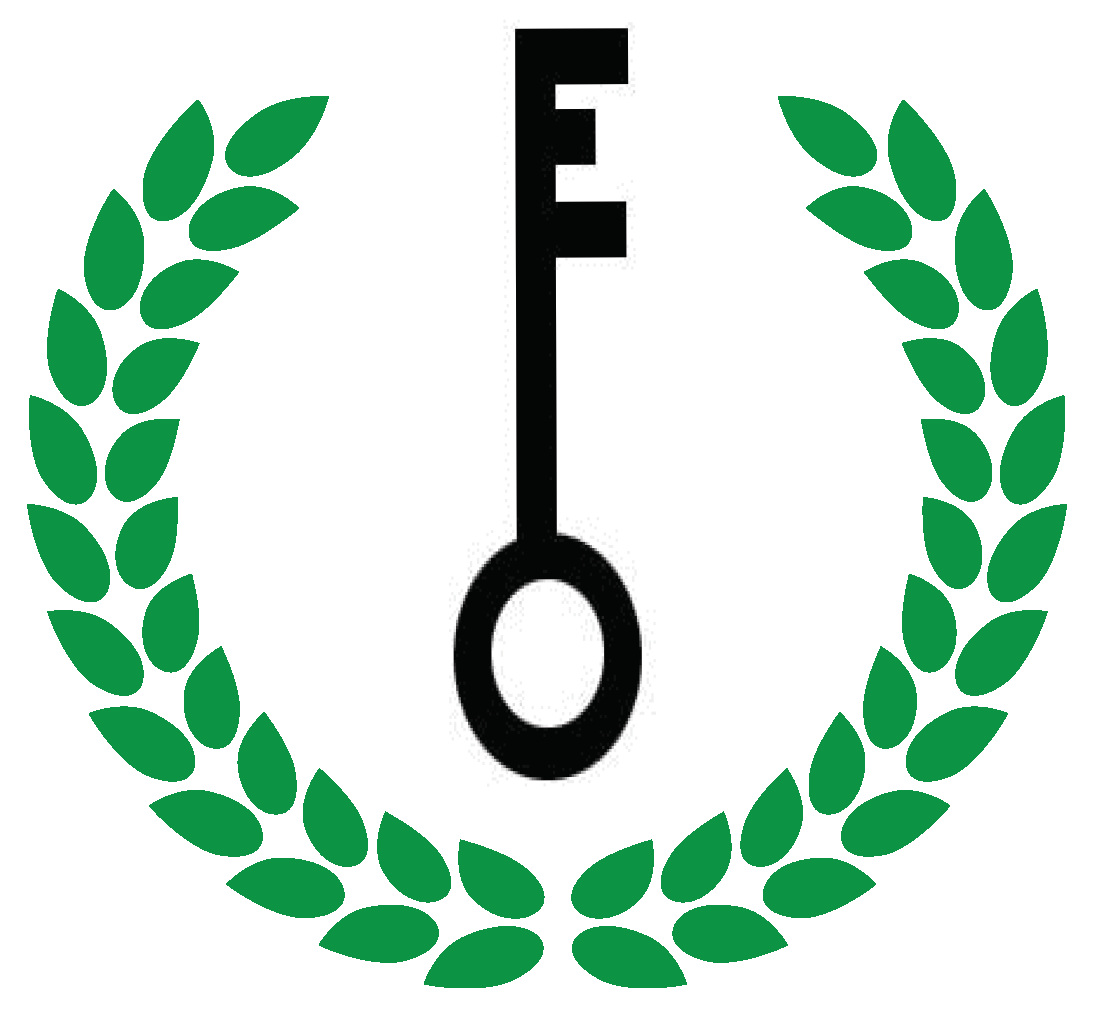A bipartisan group of lawmakers unveiled a $908 billion coronavirus rescue package Monday, with a potential deal coming down to the wire since Congress has until the end of the week to strike an agreement that can be tied to longer-term spending legislation.
Economists have stressed the need for additional aid as 12 million Americans could lose their unemployment benefits the day after Christmas. Eviction moratoriums for renters and protections for student borrowers are also set to expire, as well as a federal program for paid family leave.
The package is split into two bills. The larger, $748 billion bill, called the Bipartisan Emergency COVID Relief Act of 2020, includes enhanced unemployment benefits. It would also temporarily extend an eviction moratorium and federal student loan forbearance, according to a summary of the proposal, which was obtained by USA TODAY.
The bill, however, lacked specific details on key issues that have held up a months-long standoff in Washington, including Democrats’ demands for state and local government aid, along with liability protections for businesses sought by Republicans.
Congress can opt to vote for those issues in a separate, $160 billion bill, or the Bipartisan State and Local Support and Small Business Protection Act of 2020, which is expected to deliver state and local aid and provide liability insurance for businesses.
On Tuesday, fresh signs of cooperation emerged that lawmakers in Washington are poised to hammer out a deal.
House Speaker Nancy Pelosi and Senate Majority Leader Mitch McConnell could be on the verge of breaking a stalemate, with the two expected to hold another round of talks with Treasury Secretary Steven Mnuchin. Senate Minority Leader Chuck Schumer and House Minority Leader Kevin McCarthy are also expected to attend the meeting.
Will I get another stimulus check?
Neither bill includes stimulus checks.
The package could run into opposition from some Democrats in Congress, who have argued that the plan wouldn’t offer enough financial relief for struggling Americans.
Sen. Bernie Sanders, some Republicans and the White House support direct payments in a final package.
Will it extend unemployment benefits?
The bipartisan proposal would provide a federal unemployment benefit of $300 a week for 16 weeks, according to the summary. It wouldn’t be retroactive. The bill would extend all pandemic unemployment programs set to expire at the end of December for four months. Get the Coronavirus Watch newsletter in your inbox.
There are two critical unemployment programs that are set to end on Dec. 26: the Pandemic Unemployment Assistance program, which provides aid to self-employed, temporary workers and gig workers, and the Pandemic Emergency Unemployment Compensation program, which provides an additional 13 weeks of benefits beyond the typical 26 weeks that states provide to jobless workers.
Is paid sick leave included?
The package excluded paid leave protections.
As many as 87 million workers could lose access to emergency paid leave at the end of the month. If those benefits aren’t extended, it would limit workers’ ability to stay home to quarantine after COVID-19 exposure, or care for a child whose school or daycare is closed.
The Families First Coronavirus Response Act, enacted in March, required many employers to provide workers with two weeks of sick leave related to COVID-19 at full pay, and up to 12 weeks of family and medical leave to care for family members at two-thirds pay.
Will student loan forbearance continue?
The proposal calls for an extension on federal student forbearance through April.
In August, the Trump administration extended relief from March and suspended student loan payments, stopped collections and waived interest on federally held student loans until Dec. 31.
But it didn’t cover private student loans. Most student loans, or about 92%, are owned by the U.S. Department of Education, according to MeasureOne, an academic data firm. Private student loans make up 7.87% of the total outstanding U.S. student loans.
Are eviction moratoriums extended?
It would offer $25 billion in emergency rental assistance and provide an extension of eviction moratoriums through Jan. 31.
What else is in the package?
The package includes an extension of the small business Paycheck Protection Program and increased funding for vaccine distribution and coronavirus testing.
The legislation would also offer $45 billion to the transportation sector and $10 billion for broadband access.
